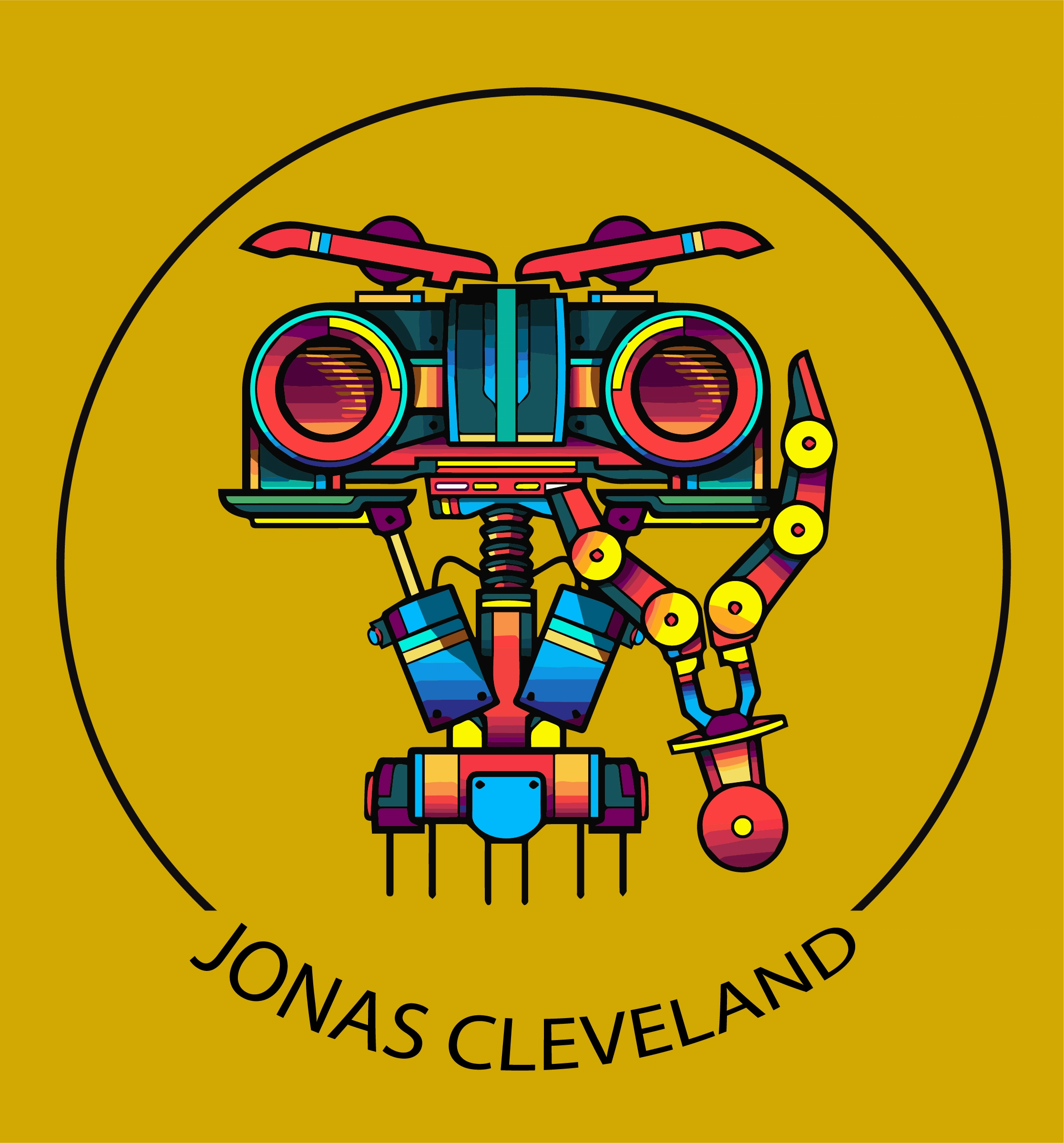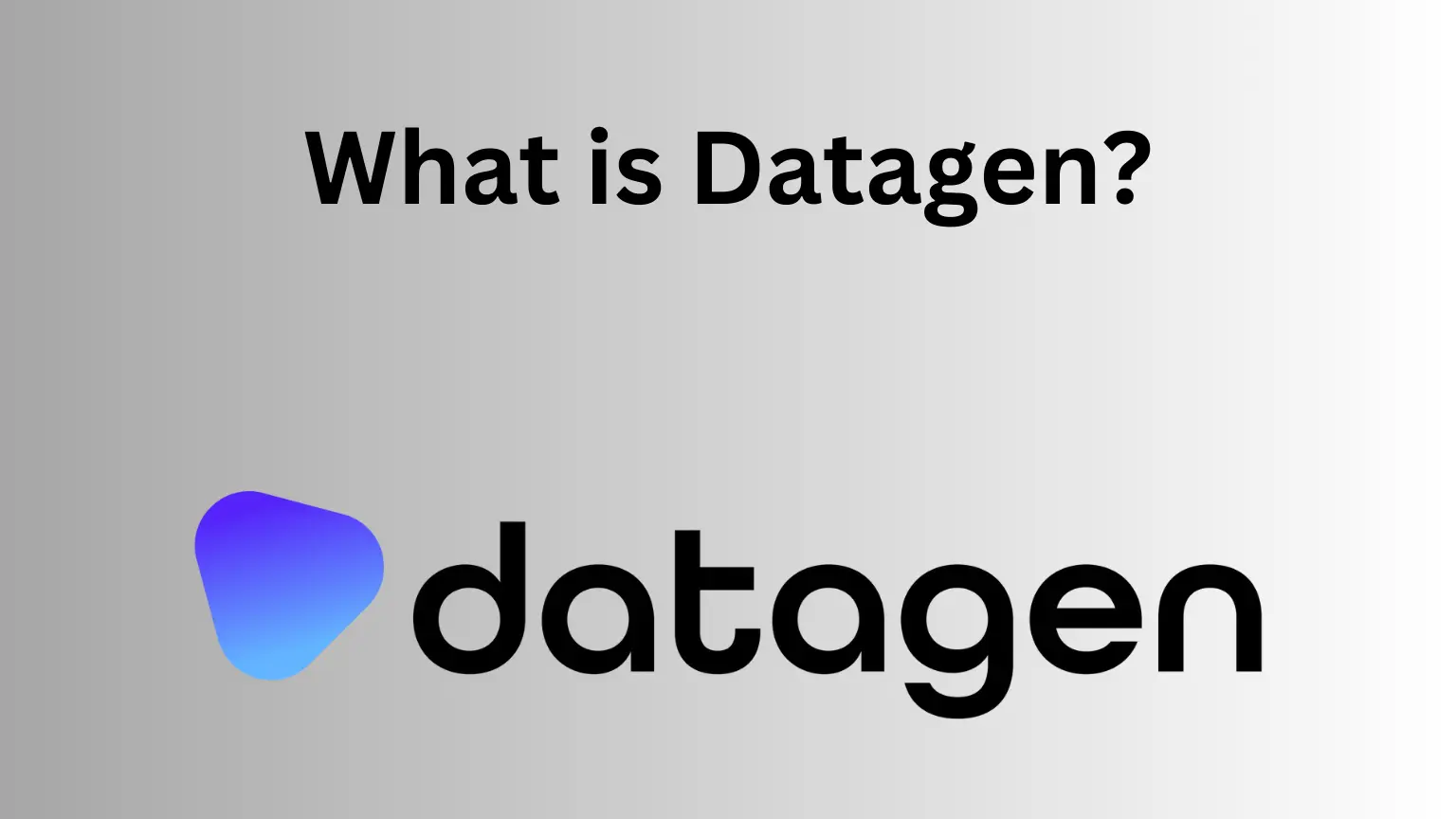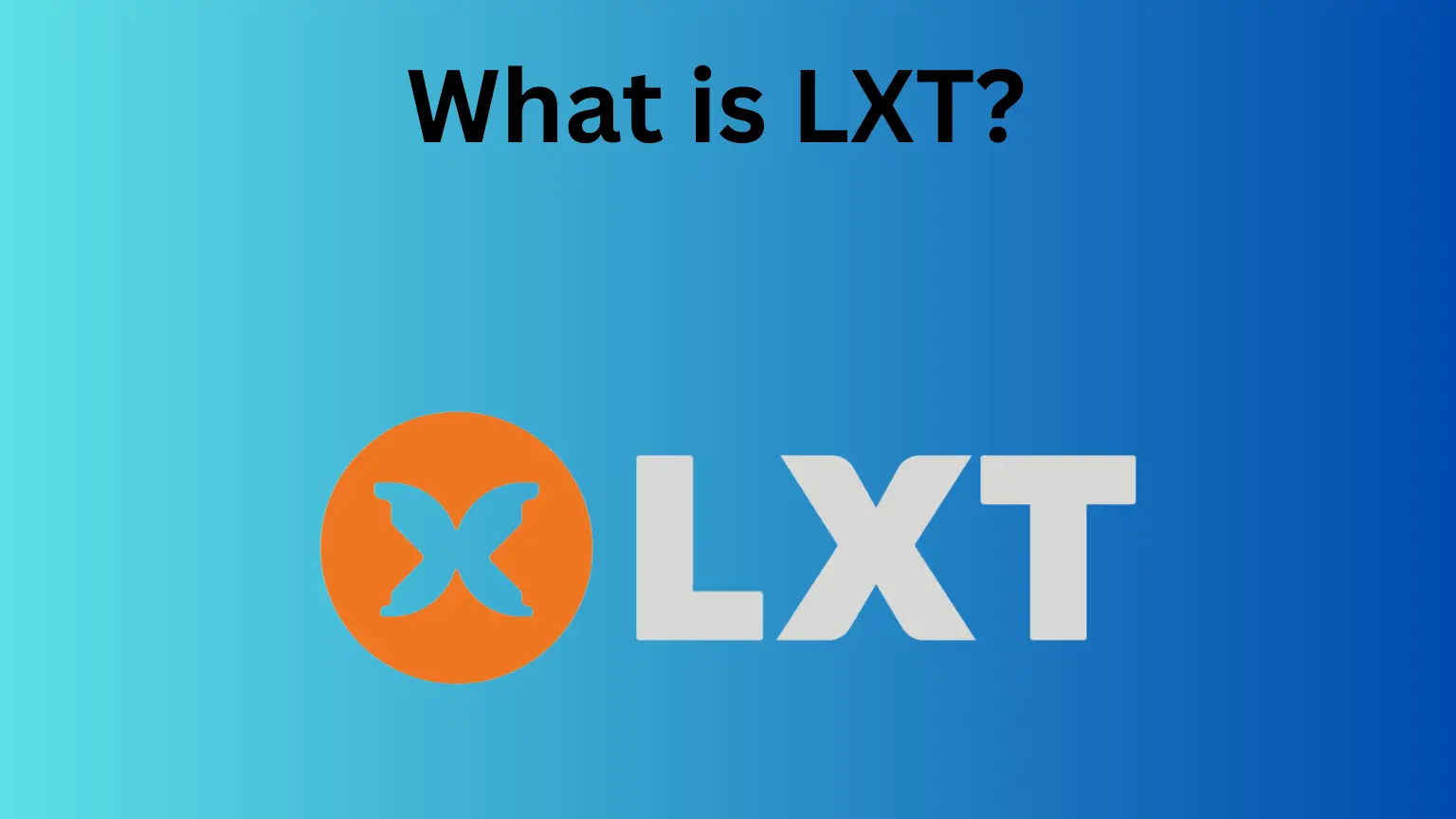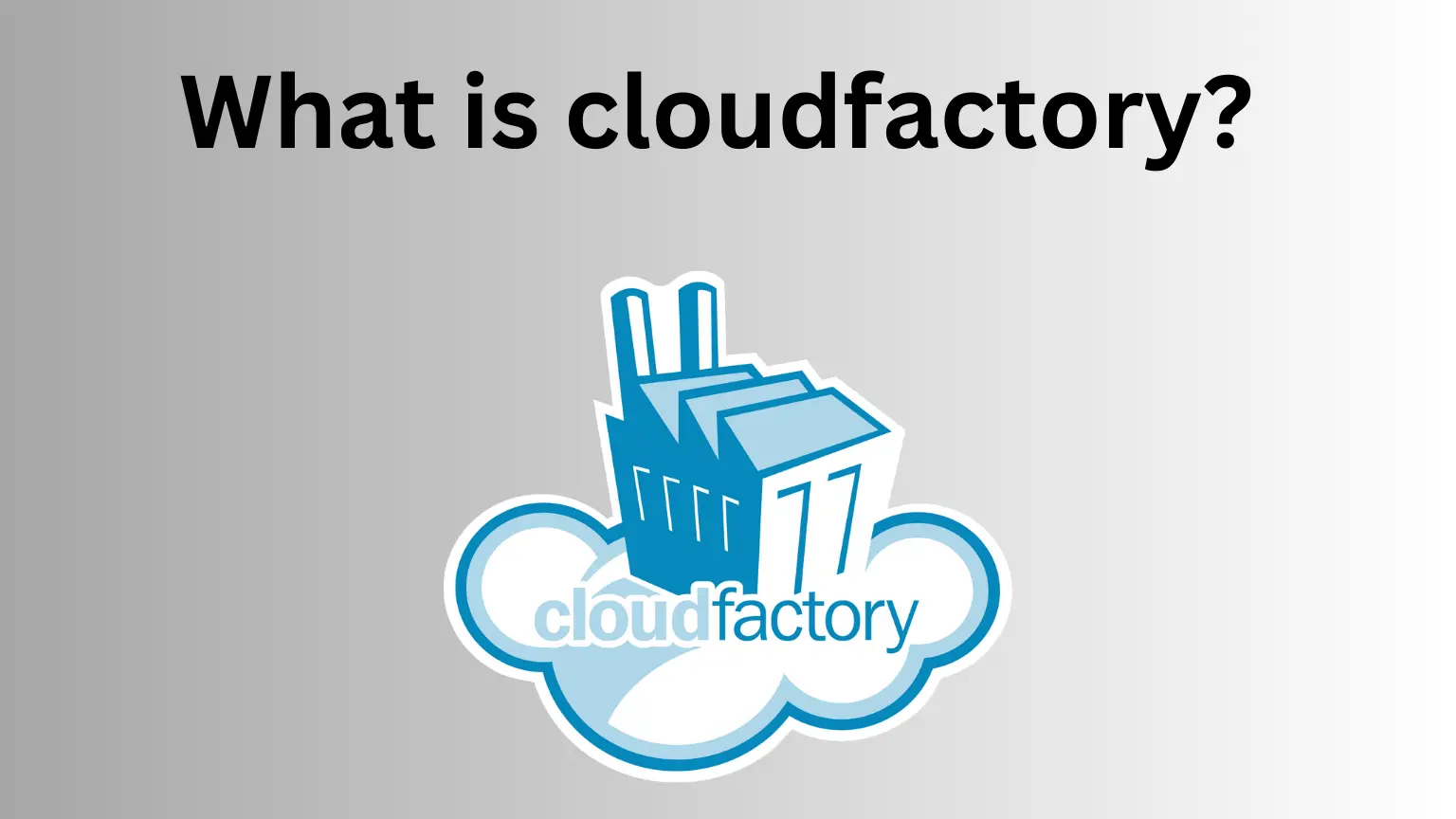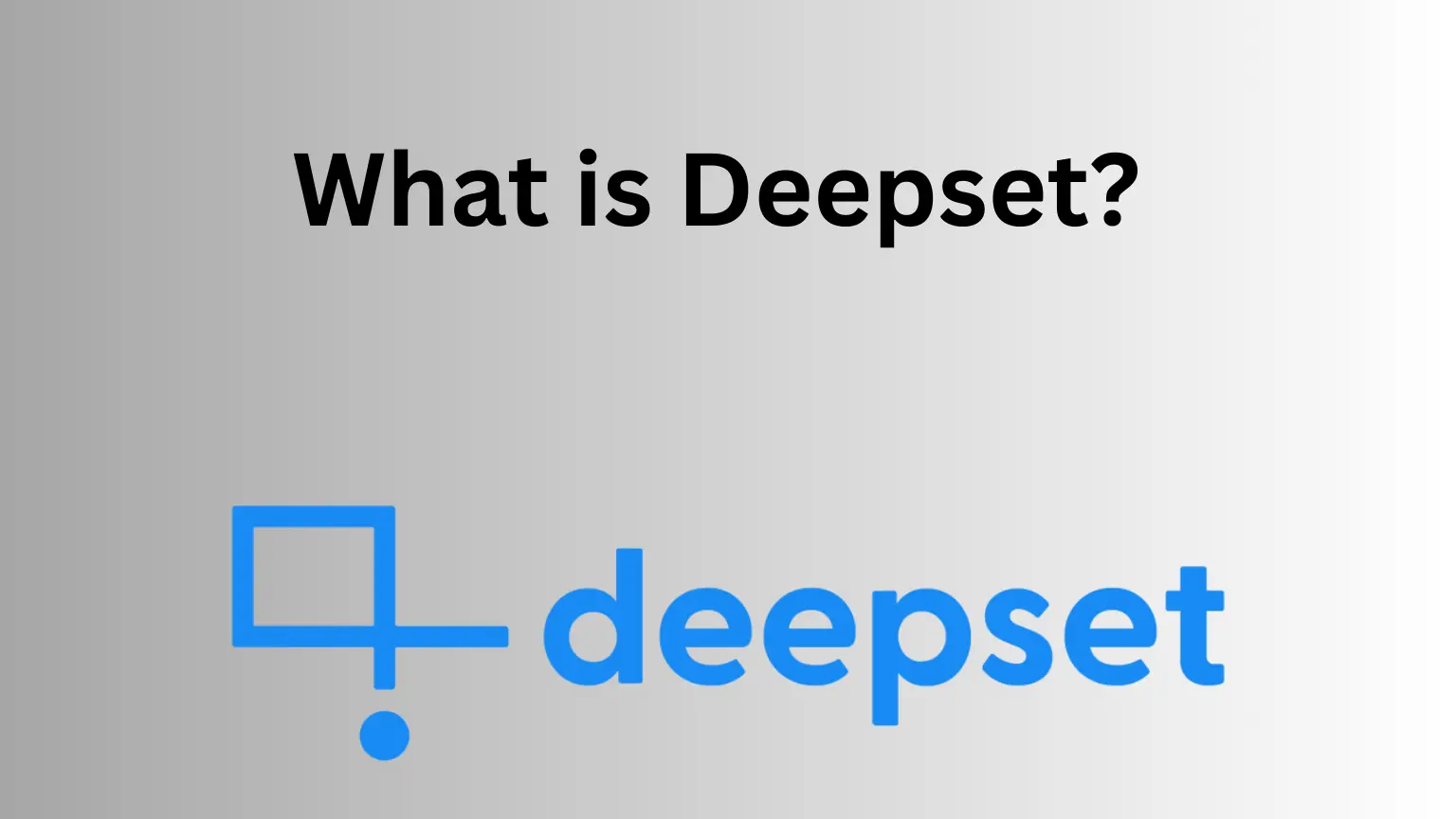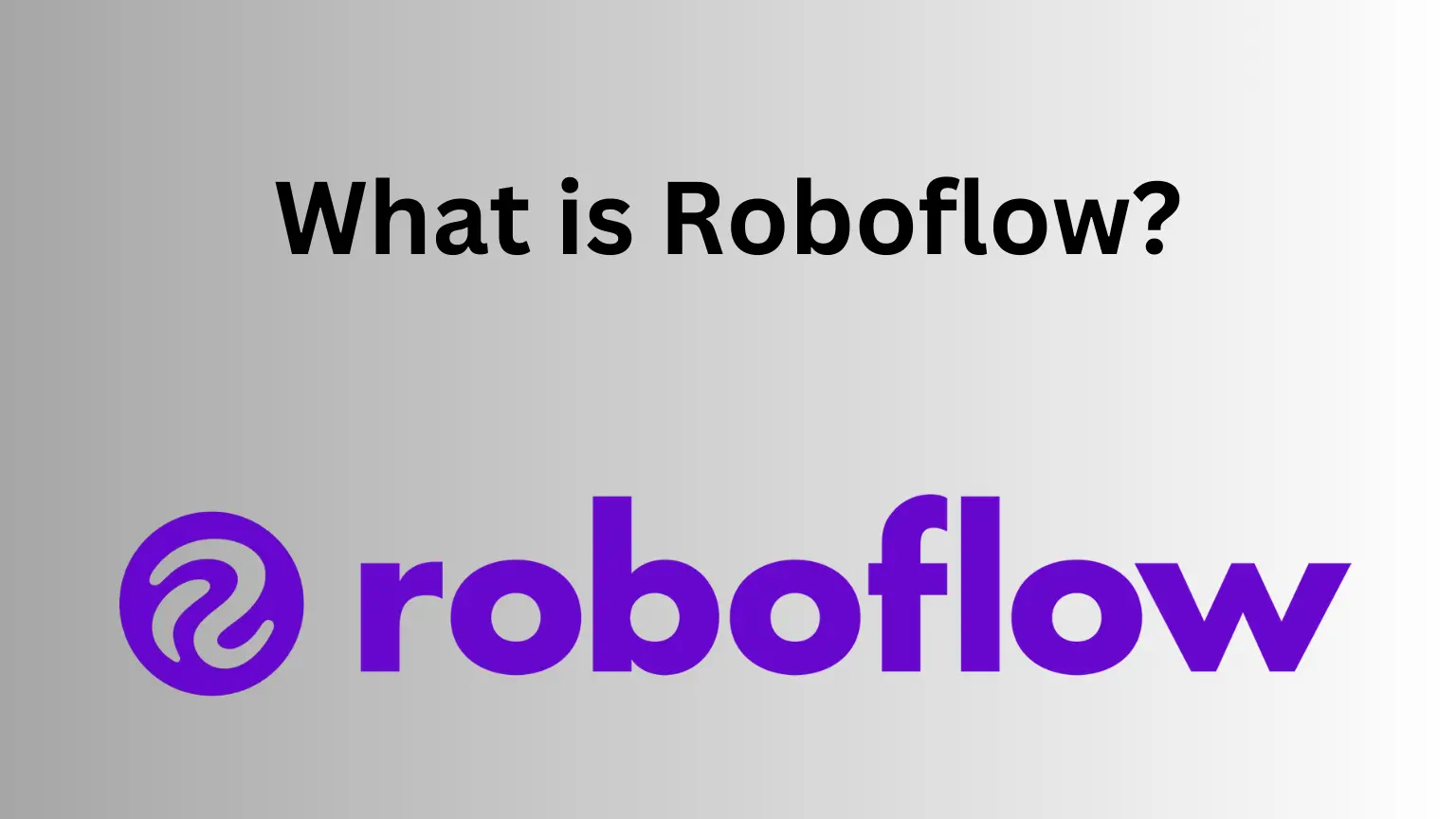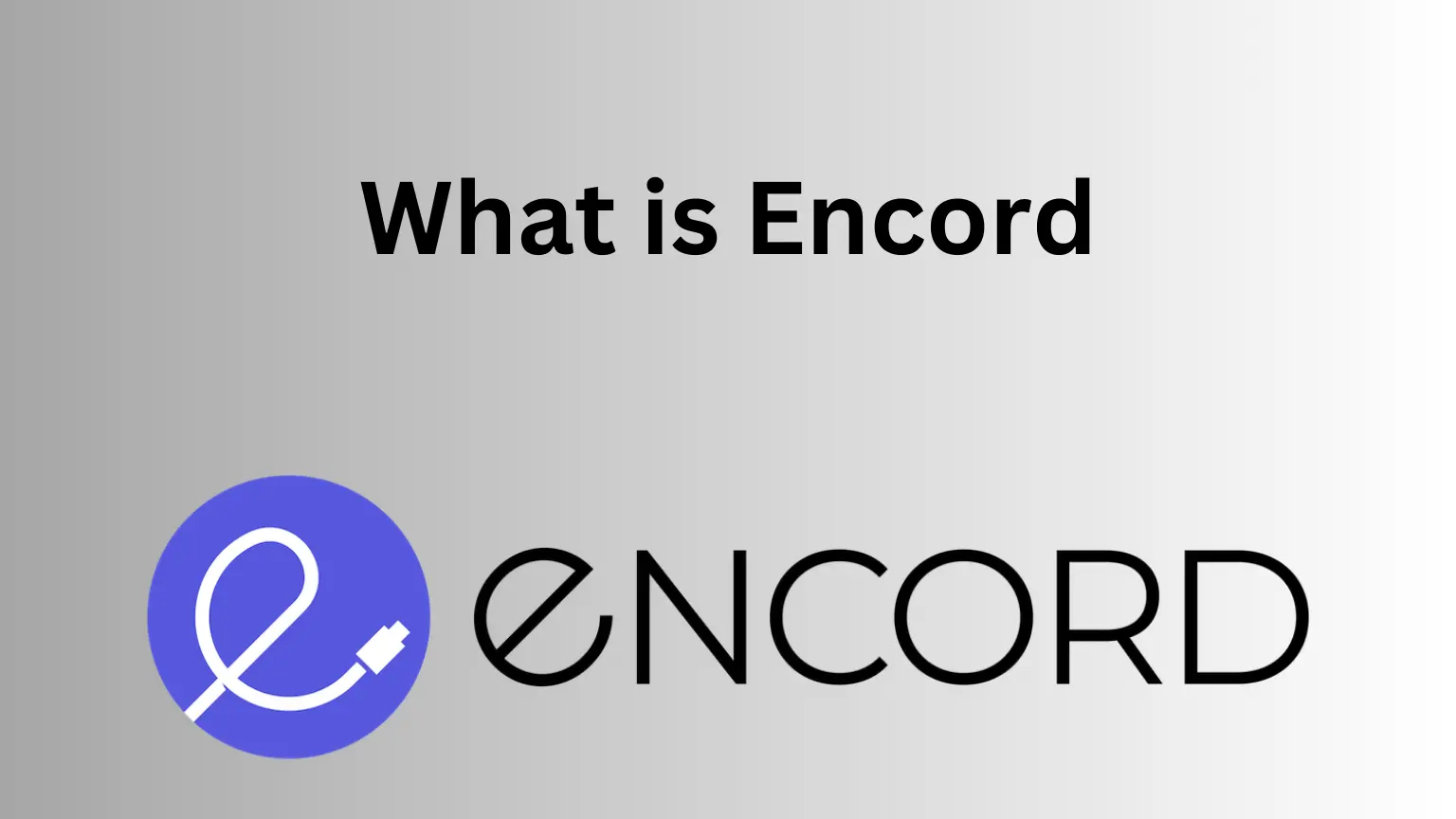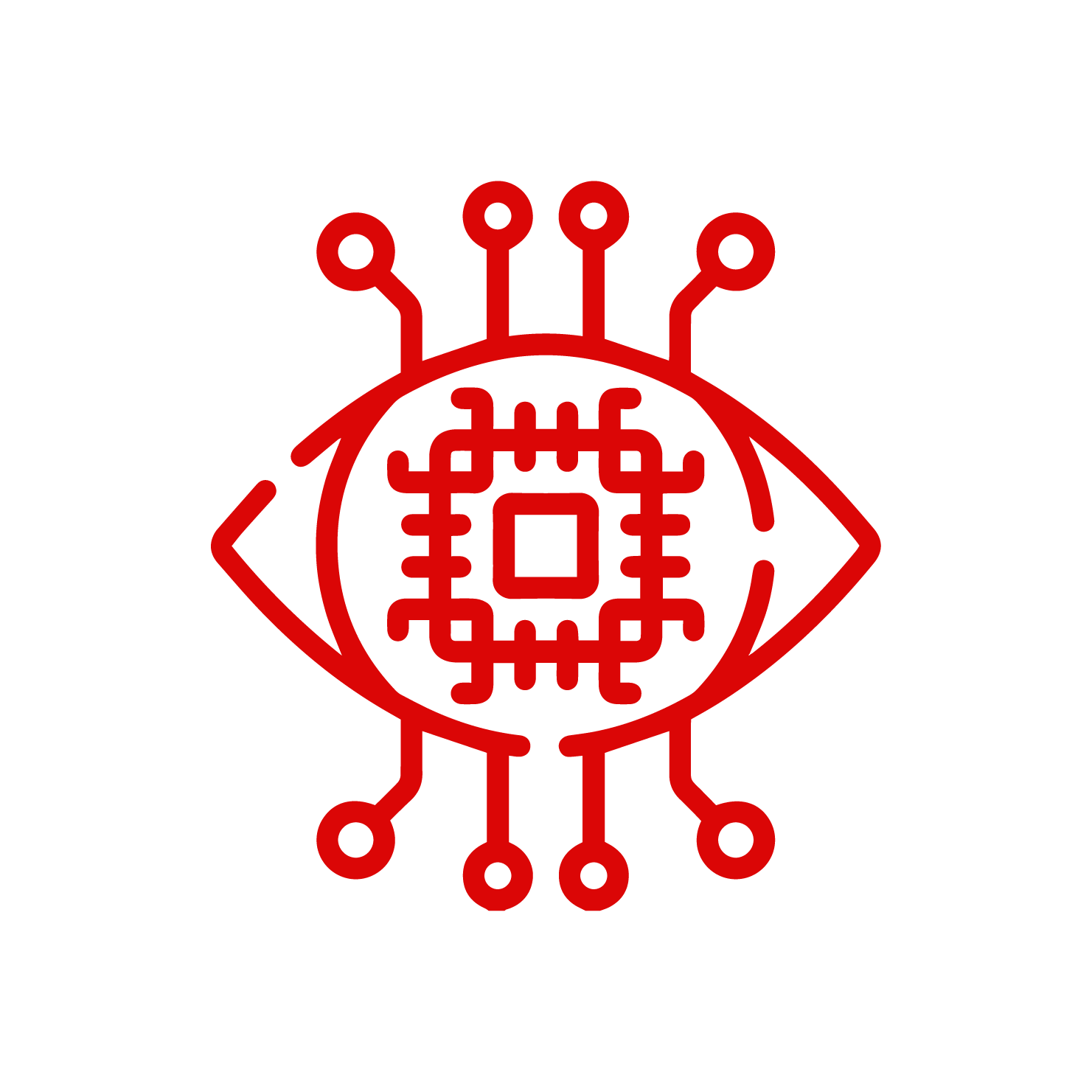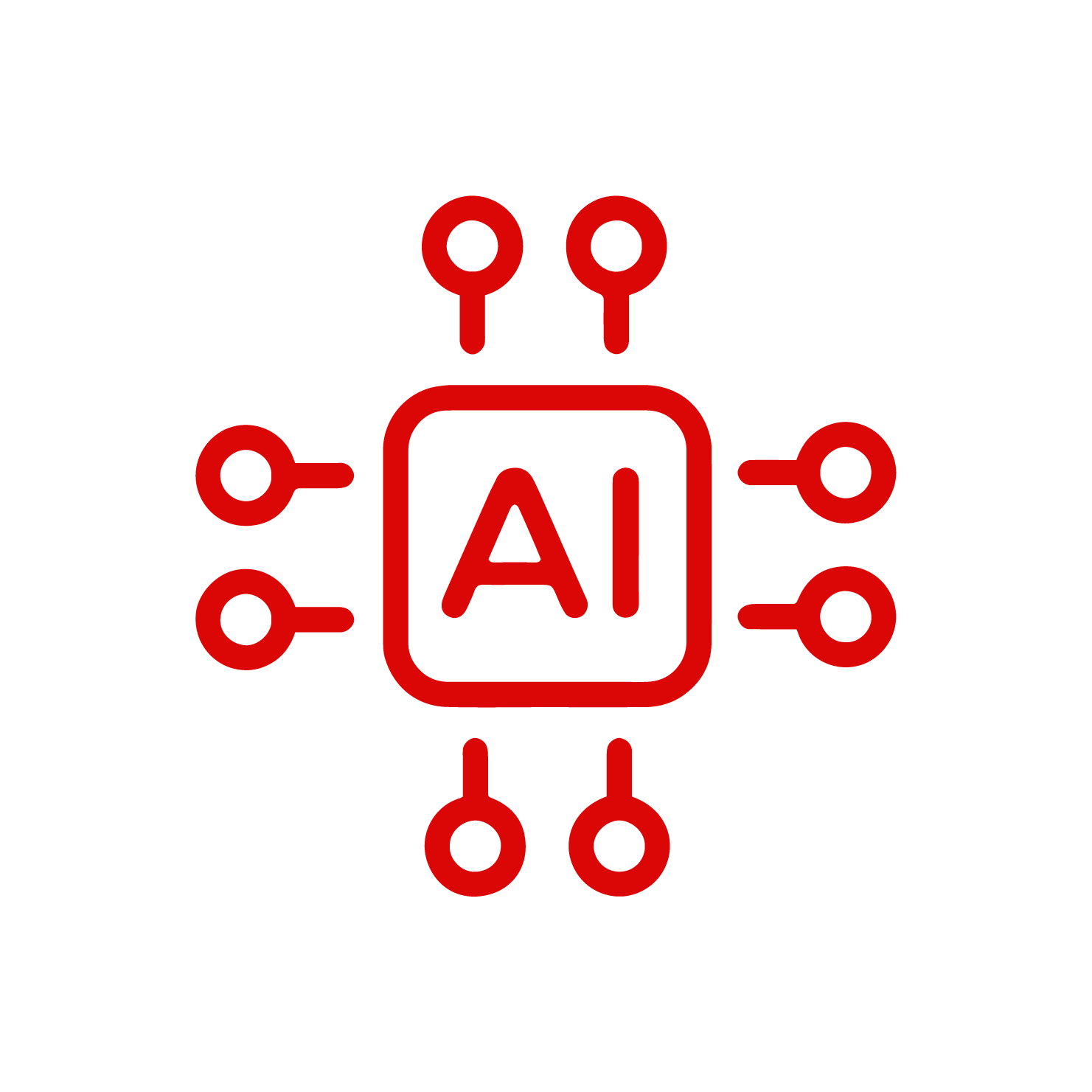Kaggle is a popular online platform for data scientists, machine learning practitioners, and AI enthusiasts. It provides a wide range of tools, resources, and datasets to help users develop and test their skills and much more. Continue reading to get to know everything about kaggle.
Background Story
Kaggle was founded in 2010 by Anthony Goldbloom and Ben Hamner, with Nicholas Gruen as the founding chair. The platform was created to provide a space for data scientists to collaborate and compete on real-world data science problems. In 2011, Kaggle raised equity valuing the company at $25.2 million. In March 2017, Google announced that it was acquiring Kaggle, with Fei-Fei Li, Chief Scientist at Google, making the announcement during her keynote at Google Next. In 2022, founders Goldbloom and Hamner stepped down from their positions, and D. Sculley became the CEO.
Target Customers
Kaggle’s target customers are data scientists, machine learning practitioners, and AI enthusiasts. The platform provides a wide range of tools and resources to help users develop and test their skills, including datasets, tutorials, and forums. Kaggle also hosts real-world data science competitions, which allow users to compete against each other to produce the best models for a given problem. These competitions are sponsored by companies and organizations that are looking for innovative solutions to their data science problems.
Featured Customers
Kaggle has over 8 million registered users from 194 countries. Some of the featured customers on Kaggle include Microsoft, Two Sigma Investments, and CERN. Microsoft hosted a competition to improve gesture recognition for Microsoft Kinect, while Two Sigma Investments hosted a competition to code a trading algorithm. CERN hosted a competition to improve the search for the Higgs boson.
What is Toloka? Know From Basic Uses to Advanced Insights
Funding, Capital Raised, Estimated Revenue
Kaggle has raised $16 million over three rounds of funding. Its latest funding round was an acquisition by Google on March 8, 2017. Kaggle’s valuation in November 2011 was $47.6 million. According to public sources, Kaggle’s estimated annual revenue is currently $223.4 million, with an estimated revenue per employee of $210,182.
Products and Services
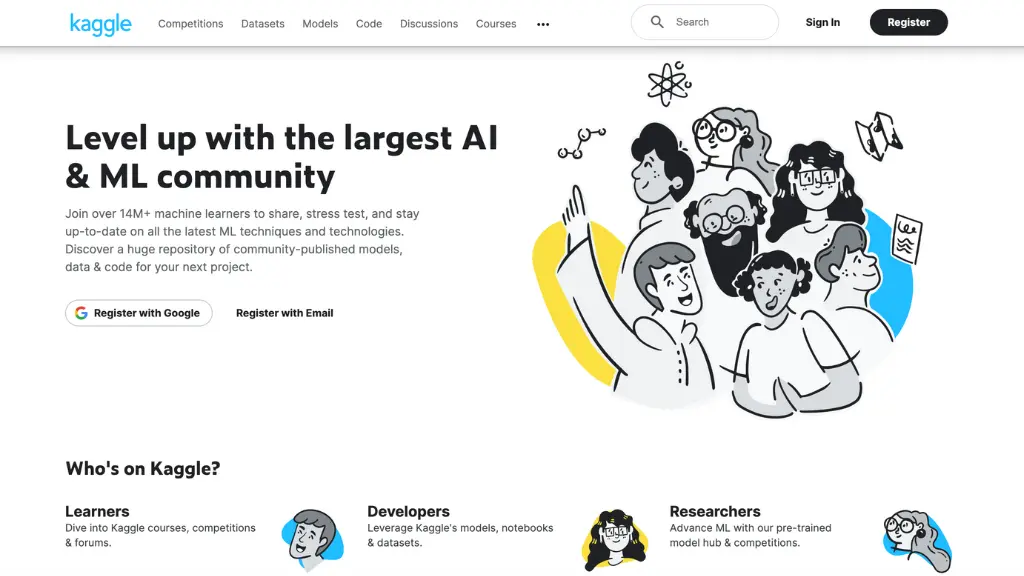
Kaggle provides a wide range of products and services to its users, including:
- Competitions
- Datasets
- Models
- Notebooks
- Learn
- Discussions
Competitors
Kaggle’s main competitors are other online platforms that provide similar services to data scientists and machine learning practitioners. Some of the main competitors include:
- Infosec Skills
- Coursera
- Udacity
- Product Marketing Alliance
- LinkedIn Learning
- KodeKloud
- Udemy Business
- Cloud Academy
- CBT Nuggets
Pros and Cons of Kaggle
Pros
1. Large community: Kaggle has a large community of over 8 million registered users from 194 countries. This community provides a wealth of knowledge and resources to users.
2. Real-world data science competitions: Kaggle’s real-world data science competitions provide users with the opportunity to work on real-world problems and compete against other data scientists.
3. Datasets: Kaggle hosts a large collection of datasets that users can access and use for their data science projects.
Cons
1. Limited datasets: While Kaggle hosts a large collection of datasets, some users may find that the selection is limited for their specific needs.
2. Competition bias: Kaggle’s real-world data science competitions are sponsored by companies and organizations, which may introduce bias into the competition.
3. Limited support: Kaggle has limited support for users who are new to data science or machine learning. While the platform offers courses and tutorials, some users may find that they need more personalized support to get started.
